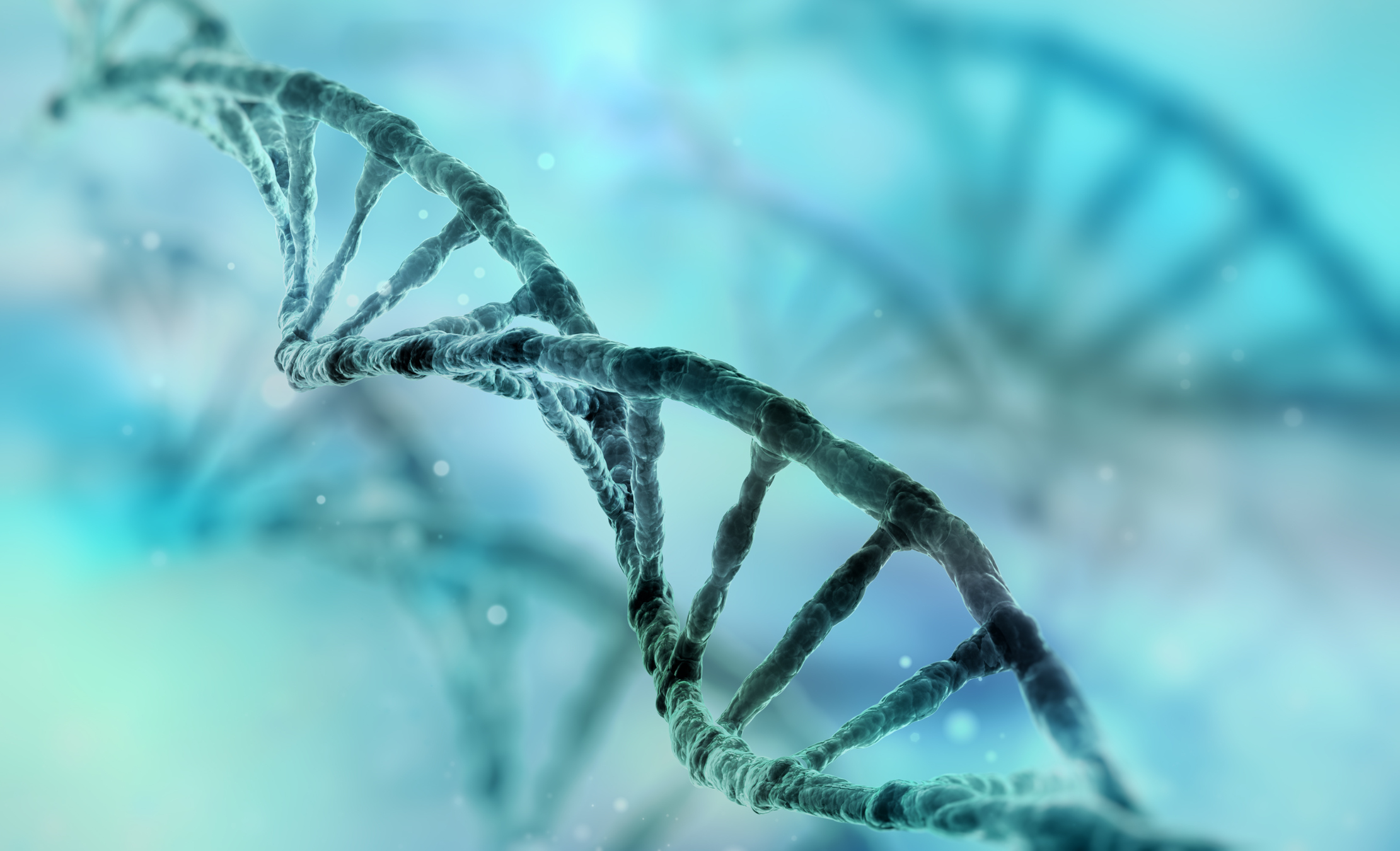Tag: Research
-

Modeling COVID-19 Transmission and Containment Efforts
Jaline Gerardin, PhD, assistant professor of Preventive Medicine in the Division of Epidemiology, discussed how data modeling has helped evaluate COVID-19 transmission rates and containment efforts in Illinois during a recent IPHAM webinar.
-

D’Aquila Named Director of NUCATS
Richard D’Aquila, MD, the Howard Taylor Ricketts, MD, Professor of Medicine, has been named director of the Northwestern University Clinical and Translational Sciences (NUCATS) Institute, and senior associate dean for clinical and translational research.
-

Determining Aspirin’s Benefit for Cardiovascular Disease Prevention
Coronary artery calcium levels may help clinicians better identify patients with a higher risk of atherosclerotic cardiovascular disease who will benefit from taking aspirin to prevent a heart attack.
-

Muscle Synergy Helps Maintain Joint Balance
The nervous system groups sets of muscles producing opposing forces on joints, firing the muscles simultaneously to ensure joints aren’t stressed or injured by unbalanced forces, according to a recent study.
-

Origin of Cancer Cells Influences Skin Cancer Prognosis
A new Northwestern Medicine study found important differences in rare skin lymphomas stemming from their specific cell of origin and clinical presentations, according to findings published in Nature Communications.
-

New Function for Transcriptional Regulator Discovered
A new Northwestern Medicine study discovered a new and unexpected function for the transcriptional regulator MLL2/COMPASS.
-

Northwestern Team Develops New Antibody Test for COVID-19
Northwestern University scientists have developed a new method for testing for SARS-CoV-2 (the virus that causes COVID-19) antibodies, requiring only a single drop of blood collected from a simple finger prick.
-

Memory-Related Signaling May Influence Anxiety and Substance Misuse
Neural signaling that encodes certain memories as negative could impact anxiety and substance misuse disorders, according to a recent study.
-

MSTP Student Explores Mechanisms of Sex Differences in Alzheimer’s Disease
Sky Dominguez, a second-year student in the Medical Scientist Training Program, is currently studying the biological mechanisms underlying a sex difference in Alzheimer’s disease, as approximately two-thirds of those with the disease are women.
-

New Center for Arrhythmia Research Launches
In the newly formed Center for Arrhythmia Research, teams of interdisciplinary clinicians and scientists will work together to discover both the underlying molecular causes of arrhythmias and new standards of care for their treatment.






